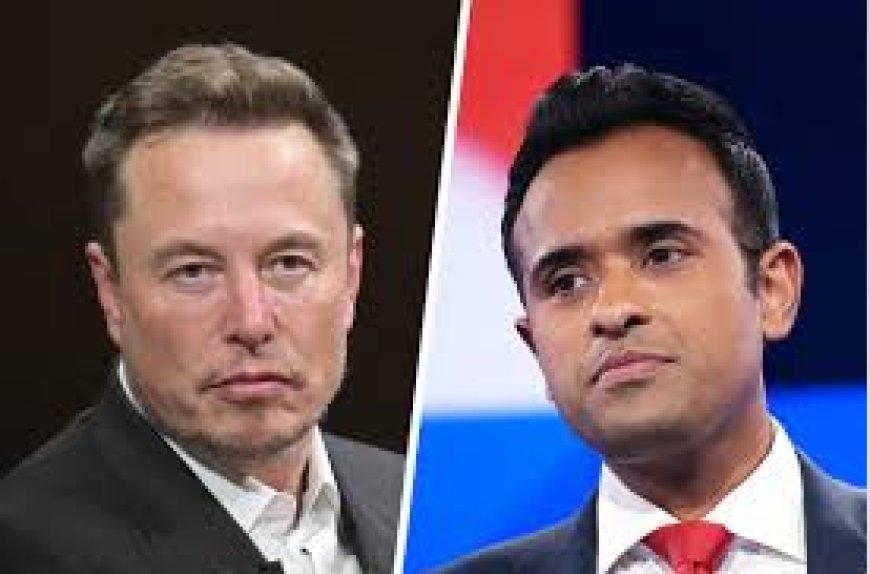MoneyWatch Musk and Ramaswamy are sparking a debate over the H-1B visa. Here's what to know about the visa.

1.
Billionaires Elon Musk and Vivek Ramaswamy, who are advising President-elect Donald Trump on reducing federal spending, have also urged his administration to increase the influx of foreign tech workers. Their comments have sparked a heated online debate among Trump's supporters, particularly on the topic of immigration and the tech industry, which relies heavily on the H-1B visa to bring skilled workers from countries like India and China.
While the tech industry has long advocated for an expansion of the H-1B visa program to attract top talent, Trump's first administration restricted the program in 2020, arguing that it allowed businesses to replace American workers with cheaper foreign labor. The debate resurfaced when Musk, a former H-1B visa holder, defended the need for foreign workers in the tech industry, citing a shortage of engineering talent in Silicon Valley. Ramaswamy also argued that American culture prioritizes mediocrity over excellence, leading to a lack of top-tier engineers.
The controversy intensified when right-wing influencer Laura Loomer criticized Trump's selection of Sriram Krishnan, a supporter of increasing skilled immigration, as an AI policy adviser. Loomer accused tech executives like Musk and Ramaswamy of aligning with Trump for personal gain, prompting a back-and-forth with venture capitalist David Sacks, who has been appointed the White House AI & Crypto Czar.
The debate has since expanded, with discussions about hiring U.S. workers, American cultural values, tech industry influence, and free speech on the internet.
What is the H-1B Visa?
The H-1B visa allows U.S. companies to employ foreign professionals in specialized fields who hold at least a bachelor's degree. Applicants must have a temporary job offer from a U.S. company, which must offer a wage at or above the prevailing wage for the job in the area.
How Many H-1B Visas Are Issued?
The U.S. caps the number of new H-1B visas at 65,000 each year, with an additional 20,000 visas available for applicants with a master's degree or higher. The visa is valid for three years and can be extended for an additional three years.
Where Do H-1B Visa Holders Come From?
India is the largest source of H-1B visa holders, making up over 70% of recipients. China follows with more than 10%, and the remainder come from countries such as Canada, Korea, the Philippines, Mexico, and Taiwan.
The Debate Over H-1B Visas
Tech companies argue that the H-1B program is essential for filling high-demand positions, particularly in software engineering. However, critics contend that it undercuts American workers by offering cheaper foreign labor. Some have even called for the program to be abolished, citing instances where businesses have used the visa to replace U.S. employees.
Trump's Stance on H-1B Visas
Trump has not yet commented on the current debate. However, his past positions have reflected a divide within his movement. As a candidate in 2016, Trump criticized the H-1B program, calling it "unfair" to American workers. During his presidency, he issued a "Buy American, Hire American" executive order, aimed at ensuring H-1B visas went to the highest-skilled or highest-paid applicants. In 2020, his administration implemented new rules requiring employers to pay higher wages to H-1B holders in an attempt to reduce reliance on foreign workers.


















































